Iran calls out US failure to honor its pledges of closing Guantanamo
Iran’s top human rights official has criticized the United States for failing to deliver on repeated promises of shutting down Guantanamo Bay, two decades after the highly-infamous military prison was established on Cuban soil.
Kazem Gharibabadi, the Judiciary chief’s deputy for international affairs and secretary of the country’s High Council for Human Rights, made the remarks in two tweets on Thursday, on the occasion of the 20th anniversary of the opening of Guantanamo Bay.
“January 11 marked 20 years since the opening of Guantanamo Bay, the notorious US prison, [in] which detainees are held extra judicially. Promises were made to close the facility, but there are still expansion plans to be built this year,” he said.
January 11 marked 20 years since the opening of Guantanamo Bay, the notorious US prison which detainees are held extrajudicially. Promises were made to close the facility, but there are still expansion plans to be built this year.1
— Gharibabadi (@Gharibabadi) January 13, 2022
He pointed out that 780 inmates had been kept in Guantanamo Bay and there are still 39 others in the prison.
“There is no perspective on closing the facility. Even, military spending bill entails provisions barring the use of funds to transfer detainees to other countries or into the US unless certain conditions are met,” Gharibabadi said.
The Guantanamo prison, commonly known as “Gitmo,” became synonymous with prisoner abuse by the United States in the early years of the so-called war on terror, gaining global notoriety for the widespread use of torture and other violations of human rights that took place within its walls.
780 prisoners were kept in the prison and it still holds 39.There is no perspective on closing the facility. Even, military spending bill entails provisions barring the use of funds to transfer detainees to other countries or into the US unless certain conditions are met.
— Gharibabadi (@Gharibabadi) January 13, 2022
Many detainees were subjected to psychological and physical abuse — including waterboarding, beating, exposure to deafening noise, and sleep and food deprivation — as part of their so-called enhanced interrogation, the accounts of which were gradually leaked to the outside world by the few lawyers who visited the prison and the inmates who have since been released.
Most of the prisoners have been languishing there without charge and proceedings for their release have been delayed at the pretrial state for years.
In a statement on Monday, more than a dozen independent human rights experts of the United Nations strongly urged the US to act on its promise to close down its detention center at Cuba’s Guantanamo Bay, calling the facility’s 2002-present period of operation “an ugly chapter of unrelenting human rights violations.”
“Twenty years of practicing arbitrary detention without trial accompanied by torture or ill-treatment is simply unacceptable for any government, particularly a government which has a stated claim to protecting human rights,” the UN experts said.
In a post on his Twitter account on Tuesday, Cuban President Miguel Diaz-Canel also denounced the ongoing US military presence at Guantanamo Bay, saying, “There are already 20 years of scandalous abuses in illegally occupied Cuban territory in the bay of #Guantánamo by the biggest violators of [human rights] in the world.”
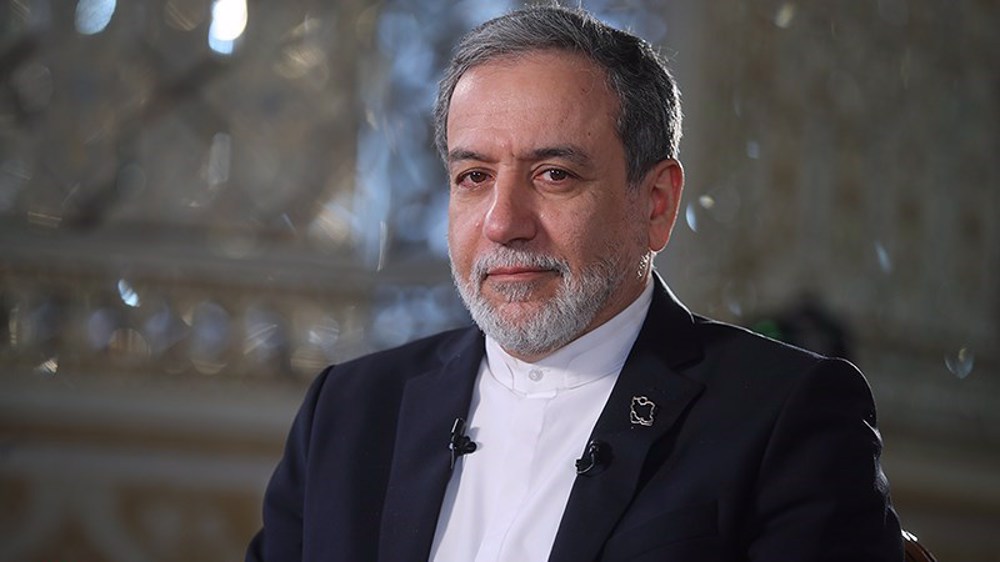
Iran’s FM warns of Israeli attempts to derail diplomacy through various tactics
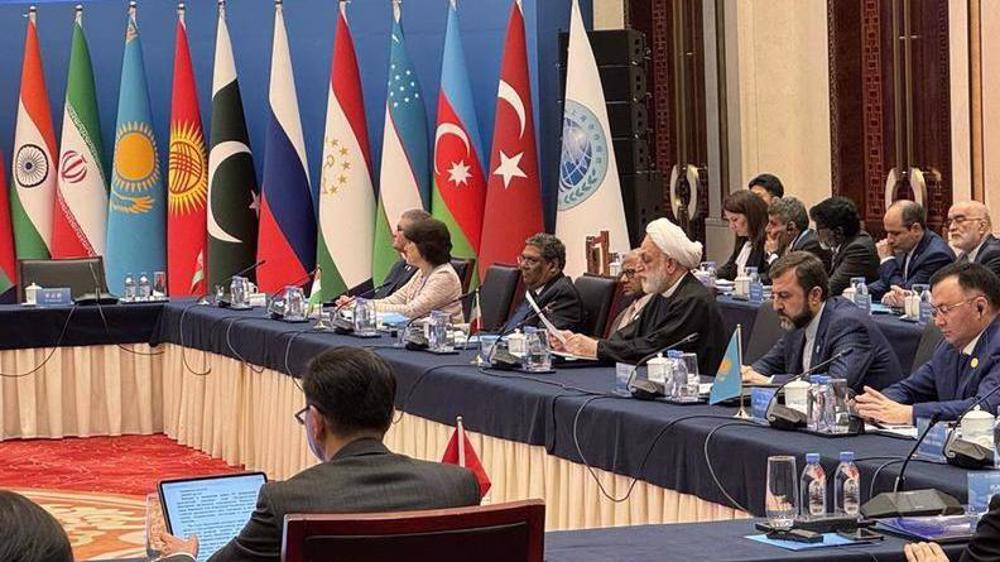
Iran unveils legal strategies for SCO states to counter challenges
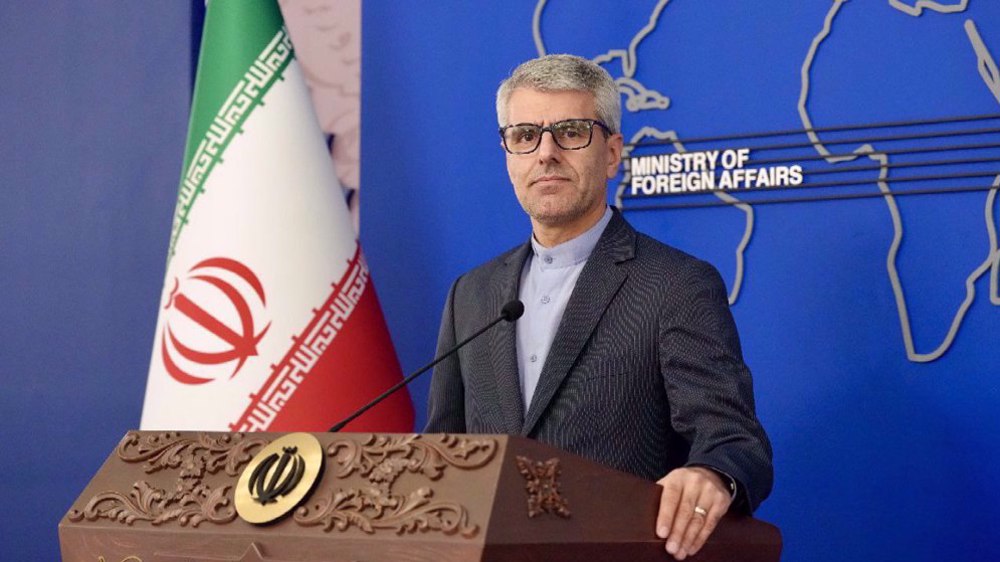
Iran: New sanctions show US 'lack of goodwill' in talks with Tehran
VIDEO | Press TV's news headlines
VIDEO | Pakistan’s business and cultural front unites for Gaza: Nationwide shutdown, boycott announced
US jets carry out more aggression against Yemen
Syrian militants enslaving Alawite women in Idlib governorate: Report
VIDEO | US pro-Palestinian campus protest
VIDEO | Palestinian civil defense rejects Israel’s probe and exposes the crime
India downgrades ties with Pakistan after deadly Kashmir attack
Iran’s steel output up 3.7% y/y to 3.3 million mt in March


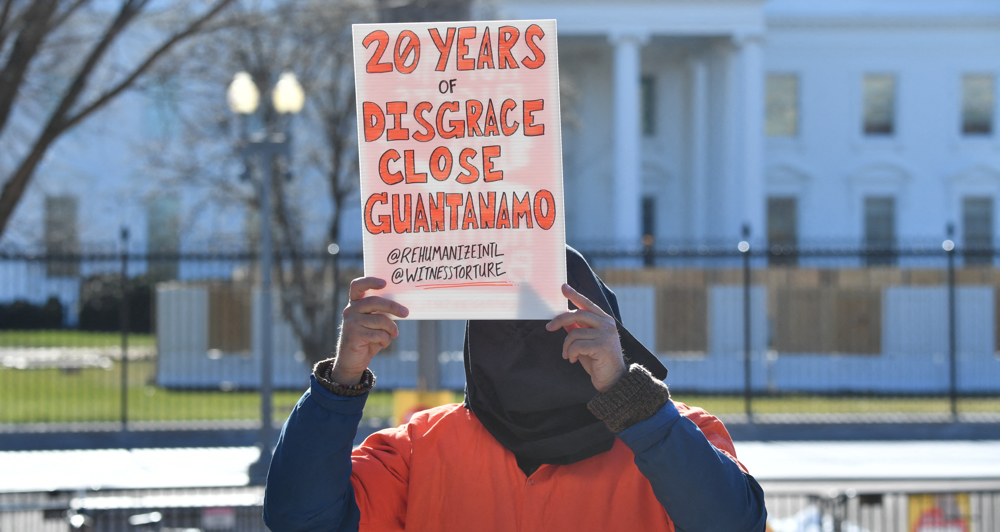
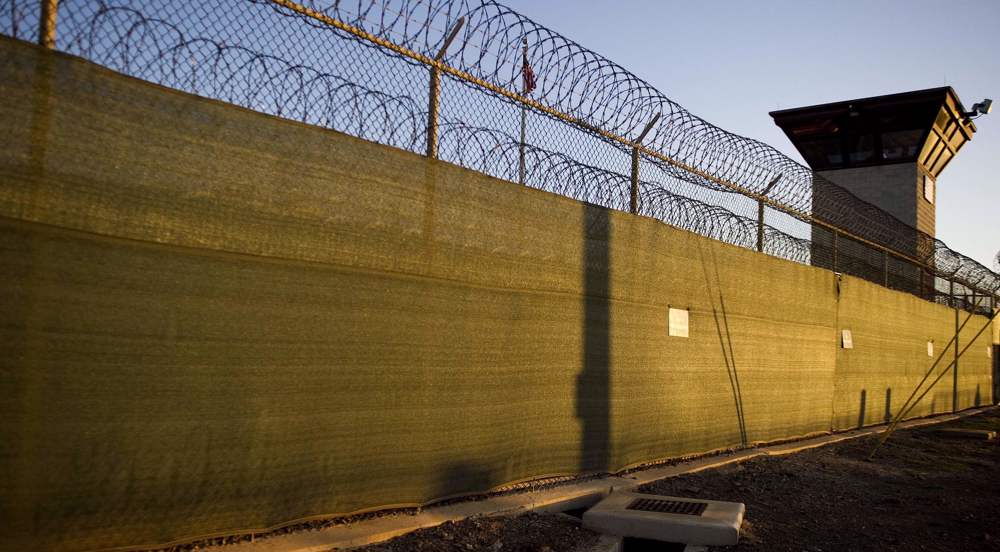




 This makes it easy to access the Press TV website
This makes it easy to access the Press TV website